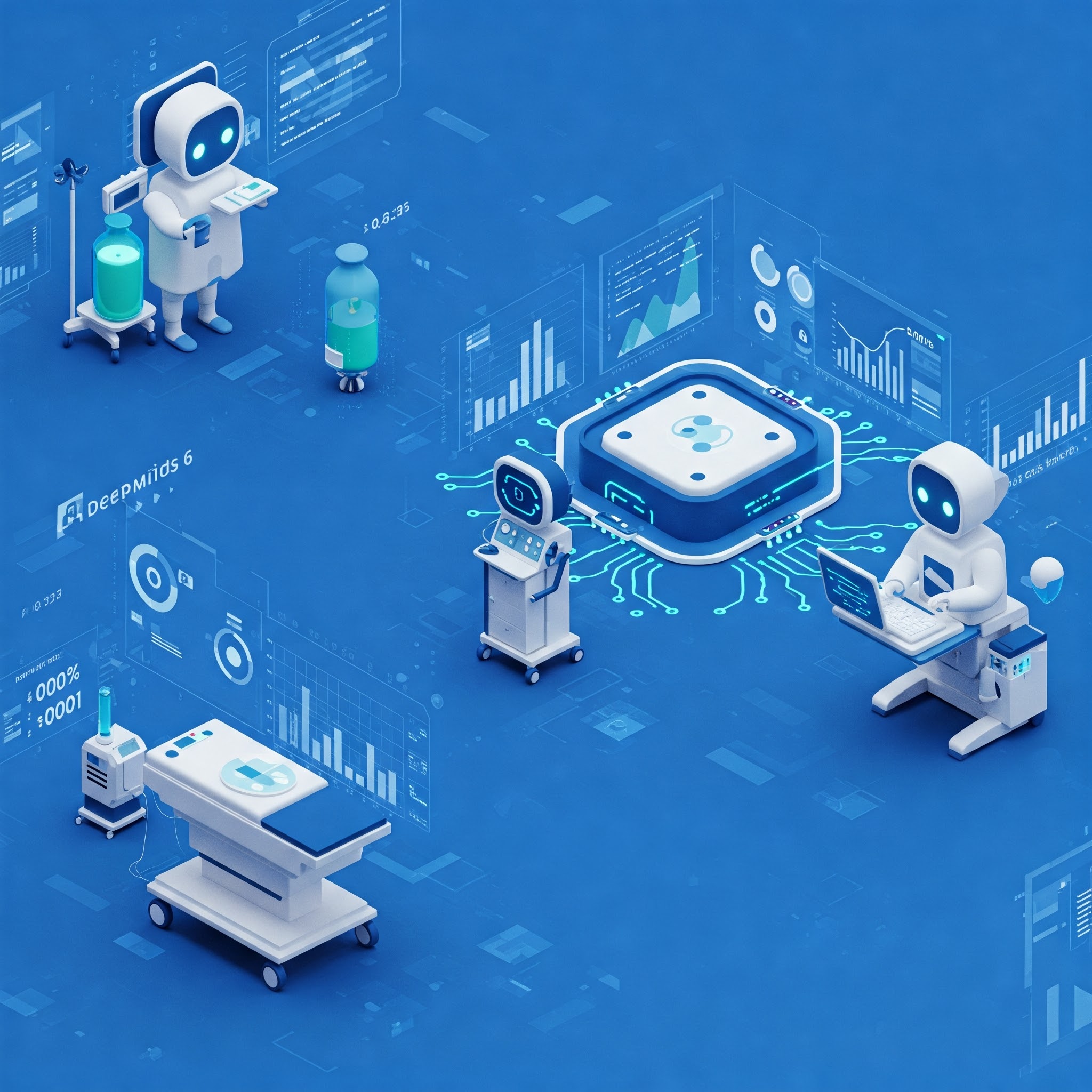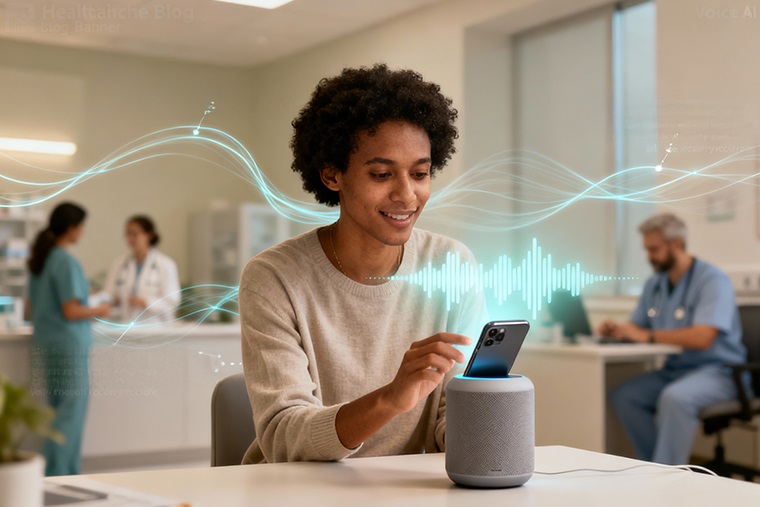AI Agents for Mental Health Support
Problem: Conditions like COPD and sleep apnea require continuous oxygen level tracking to prevent crises. Solution: AI detects abnormal oxygen saturation drops and triggers immediate alerts to physicians. Impact: Prevents respiratory failures, enabling early medical intervention.

Mental health challenges are rising, yet access to timely intervention remains a significant hurdle due to clinician shortages, stigma, and high costs. AI-powered mental health agents bridge this gap by offering 24/7 support, analyzing sentiment and behavioral patterns, and providing personalized interventions. These intelligent AI chatbots engage users in natural conversations, detect signs of anxiety, depression, or stress, and offer coping strategies or escalate critical cases to human professionals. By integrating with mobile apps and wearable devices, AI mental health agents continuously monitor emotional well-being and provide proactive support.
Use Cases of AI-Powered Mental Health Support
AI-Driven Depression & Anxiety Monitoring
Problem: Cardiac abnormalities such as arrhythmias and sudden heart rate fluctuations often go unnoticed. Solution: AI health monitoring agents analyze ECG signals from wearables, detecting atrial fibrillation and irregular heart rhythms. Impact: Enables early diagnosis, reducing the risk of strokes and cardiac emergencies.
Suicide Risk Assessment & Crisis Intervention
Problem: Traditional mental health services may not detect suicidal thoughts early enough. Solution: AI chatbots recognize distress signals in conversations and escalate cases to crisis hotlines. Impact: Enables timely intervention, potentially preventing self-harm or suicide.
Personalized AI-Powered Mental Wellness Coaching
Problem: Generic self-help content fails to address individual mental health needs. Solution: AI customizes mindfulness practices, therapy techniques, and habit recommendations. Impact: Enhances user engagement and long-term mental well-being.
AI-Powered Trauma Support
Problem: PTSD patients struggle with managing triggers and seeking continuous support. Solution: AI chatbots provide cognitive restructuring techniques and real-time emotional support. Impact: Helps individuals navigate PTSD symptoms and improve daily coping mechanisms.
Revolutionizing Mental Health Care with AI
Empower mental wellness with AI-driven support—contact us to learn more.
How AI Agents Enhance Mental Health Support
Early Detection of Mental Health Issues
AI analyzes text, voice tone, and facial expressions to detect emotional distress. Identifies early symptoms of depression, anxiety, and PTSD through behavioral tracking.
24/7 AI-Powered Chatbots for Support & Guidance
Provides immediate, stigma-free mental health assistance anytime, anywhere. Offers mindfulness exercises, cognitive behavioral therapy (CBT)-based responses, and self-help strategies.
Sentiment Analysis & Mood Tracking
AI evaluates daily conversations and journaling data to identify mood shifts. Generates personalized insights and recommendations based on behavioral patterns.
Crisis Intervention & Escalation to Professionals
Detects severe distress signals and connects users to mental health professionals. Supports emergency response by integrating with helplines and crisis centers.
AI tailors self-care plans based on user history, preferences, and mental health status. Suggests meditation, relaxation techniques, and lifestyle adjustments for long-term well-being.
Offer continuous, empathetic support through AI agents—delivering early intervention, mood tracking, and personalized care at scale
Enhance Mental Health Care with AI.

Frequently Asked Questions
AI mental health agents are intelligent, conversational systems that provide 24/7 emotional support, monitor user sentiment, detect early signs of distress, and offer personalized coping strategies or escalate severe cases to human therapists or crisis professionals.
Yes. AI chatbots are trained with evidence-based techniques such as Cognitive Behavioral Therapy (CBT) to provide mindfulness guidance, emotional support, and actionable mental health tips. While not a replacement for therapists, they offer meaningful daily support.
Absolutely. AI can detect high-risk keywords or behavior indicating suicidal ideation or severe anxiety. It automatically escalates such cases by alerting human professionals or connecting the user to crisis hotlines and emergency services.
AI mental health agents are designed to comply with privacy regulations like HIPAA and GDPR. Conversations are encrypted, and user data is handled with strict confidentiality to ensure secure and ethical usage.




